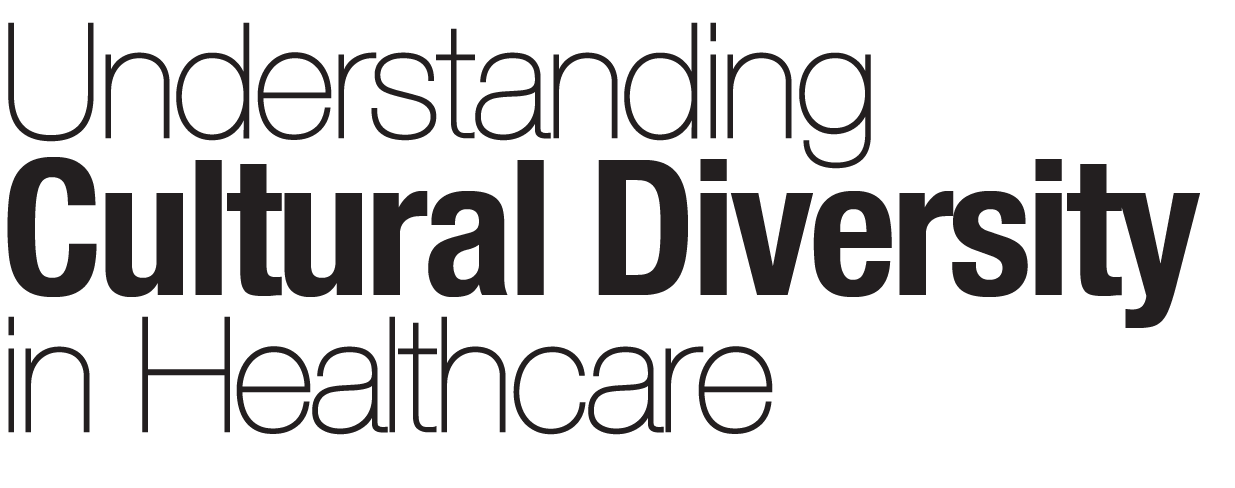Southeast Asian
https://i0.wp.com/ggalanti.org/wp-content/uploads/2015/11/bharari_southeast_asia_sapa_vietnam_hotel_family.jpg?fit=680%2C437&ssl=1 680 437 Understanding Cultural Diversity in Healthcare Understanding Cultural Diversity in Healthcare https://i0.wp.com/ggalanti.org/wp-content/uploads/2015/11/bharari_southeast_asia_sapa_vietnam_hotel_family.jpg?fit=680%2C437&ssl=1Caution: These are broad generalizations and should not be used to stereotype any individuals. They are most applicable to the least acculturated members. People from Cambodia, Laos, and Vietnam are included in this group. Values, World View and Communication Keep in mind that many Southeast Asians are refugees who fled to the United States to save…
read more








